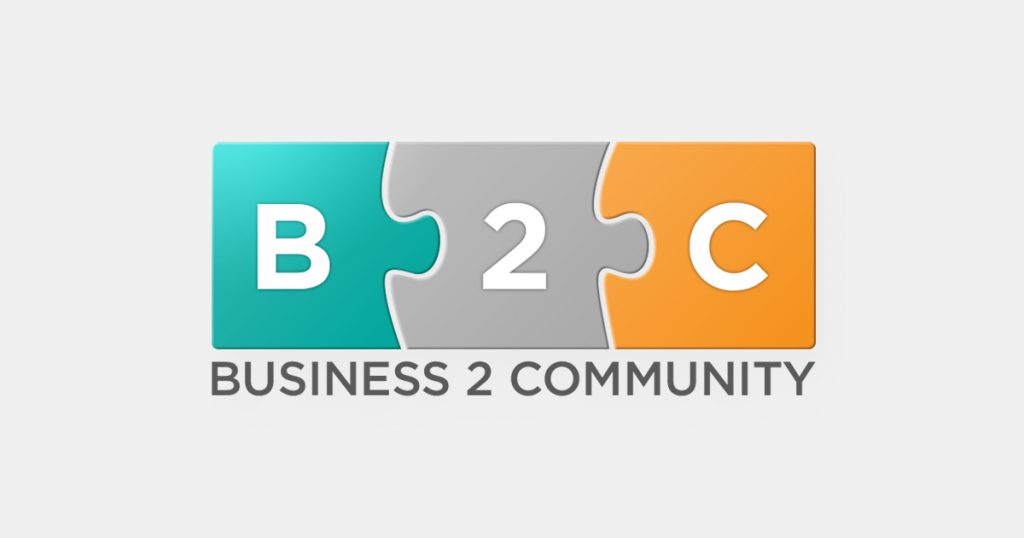Every business needs well managed capital to scale. If you’re able to budget properly, then there will always be enough capital for you to grow your business. Every business operates differently which means there’s no universal formula to creating a viable budget for your company. That said, there are definitely some common budgeting tips and tricks that you can use to manage your money.
Here are four budgeting tips that every small business owner can implement into their own operation:
Always Save for Hidden and Unexpected Costs
Being able to identify potential hidden or unexpected costs is heavily dependent on research. It’s estimated that about half of all businesses will fail in the first five years largely due to a lack of capital. In order to prepare yourself for these hidden costs you need to do your research. Make sure you’re well aware of legal/regulatory costs, tax/compliance costs, insurance, competition, employee turnover, and more. The more areas you budget for the better off you’ll be. It’s always better to be over-prepared than the latter.
Remember Your Emergency Fund
Small businesses always need to have a back-up plan in the event of a disaster. It’s very common for a small business owner to want to dump excess cash back into their businesses to scale. This is totally fine and in fact recommended but only after you’ve set aside an emergency fund.
The majority of analysts recommend keeping at least three months of basic operating expenses in your reserves at all times. I personally recommend having three to six months of runway in your reserves simply because you’ll always need more than you anticipate.
Recommended for You
Webcast, September 7th: Growth Hacking: Everything that is Working Right Now (Brand New Hacks)
Pay Down Your Debts
Very few business owners are able to get started without taking on any debt. Since it’s typically easier than acquiring angel or venture funding, small business loans are a common financing route for these companies. Additionally, small business owners may also take out business credit cards to make payments.
If you’ve taken on debt as a small business owner it’s always a good idea to pay it off as quickly as possible. This sounds like a no brainer right? Truth is, plenty of business owners will stick to paying their minimum payments each month. If you truly don’t have the extra cash thats fine, however I recommend getting these paid off as the money you owe back will compound.
Budget in Your Own Salary
Small business owners often get so wrapped up in budgeting for their business that they forget to pay themselves. Employees are a huge budget item for every business. That said, business owners often overlooked themselves as an employee and the most important one at that! Whether it’s a one man show or a 20 employee operation you should always make sure you’re taken care of.
Final Thoughts
Planning and maintaining your budget will require much more than simply implementing the budgeting tips mentioned above. As a business owner you should be fully capable of managing and analyzing your budget until you’re able to delegate it. Having that knowledge will be very beneficial in both your business and personal life moving forward.
